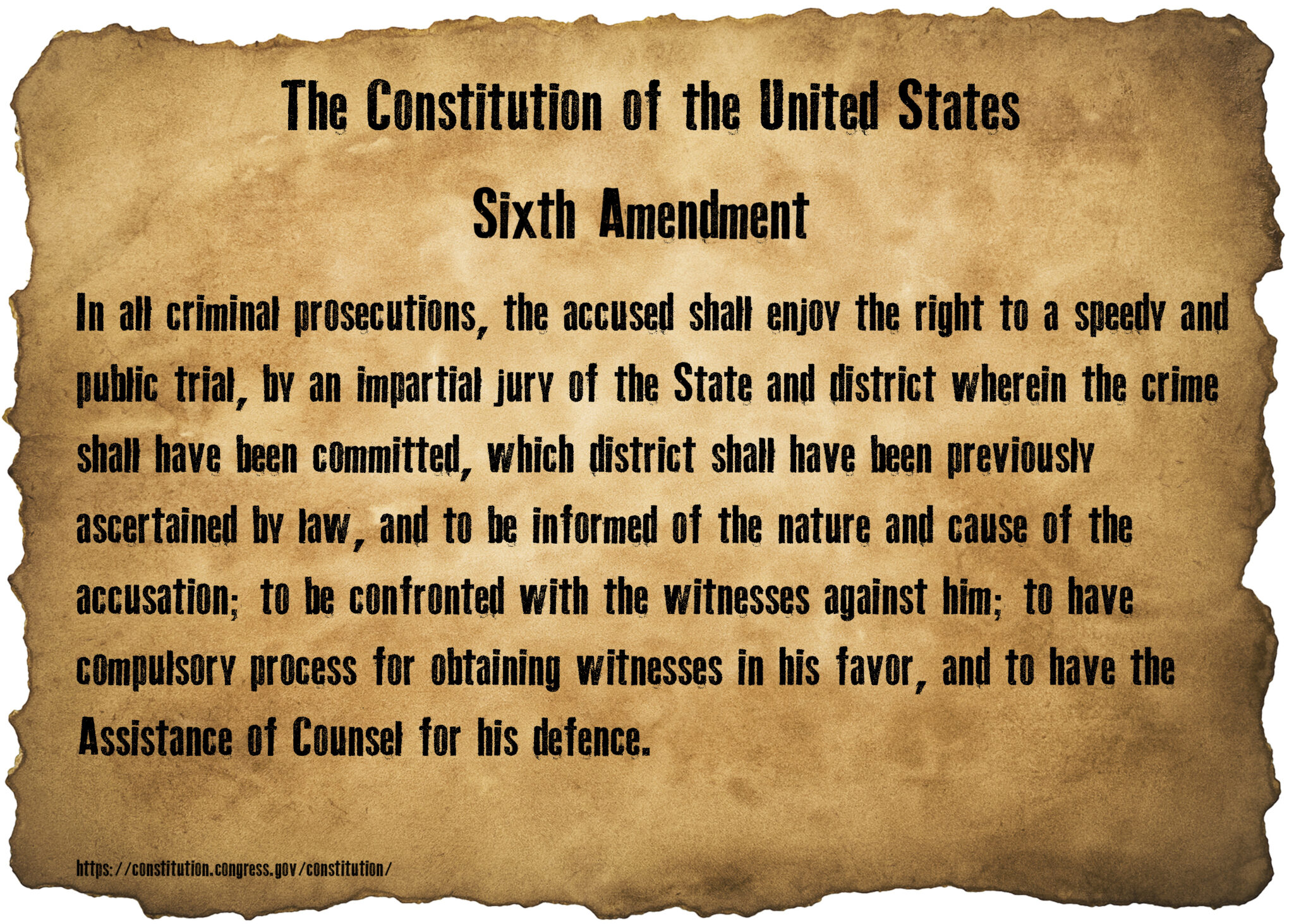What Are Your Rights in a Court of Law?
When you find yourself in a court of law, it can be a stressful and daunting experience. It’s important to know that you have certain rights as a citizen. These rights empower you to navigate the legal system in a way that is fair and just. When you are facing criminal charges, understanding your rights in a court of law is crucial. This article will outline what your rights are and how they play a role in the courtroom.
Right to an Attorney
One of the most fundamental rights you have in a court of law is the right to an attorney. If you cannot afford one, the court will appoint one for you. The rights under Miranda are read to individuals in custody before they are interrogated, and it ensures that they are aware of their right to remain silent, their right to an attorney, and that anything they say can and will be used against them in court. You have a right to have an attorney be present both before and during interrogation.
Right to Due Process
Due process is the idea that legal proceedings must be fair, impartial, and ensure that individual rights are protected. This right begins with the initial arrest and carries through to the final disposition of the case. Each step of the way, the government must follow established rules and procedures to ensure that your rights are not violated. This includes the right to a speedy trial, the right to confront your accuser, the right to present evidence, and the right to a fair and impartial jury.
Right to Remain Silent
The Fifth amendment of the U.S. Constitution provides the right against self-incrimination. This means that you can’t be forced to testify against yourself in a court of law. You have the right to remain silent and not incriminate yourself. If you choose to do so, this cannot be used against you in court.
Right to an Impartial Jury
The Sixth amendment of the U.S. Constitution guarantees the right to a trial by an impartial jury of your peers. During the trial, both sides have the opportunity to question potential jurors to ensure that they are unbiased and can render a fair and just verdict. Additionally, the judge will instruct the jury on the law, and they must consider the evidence presented at trial to determine guilt or innocence.
Right to Appeal
If you are found guilty of a crime or if a civil lawsuit goes against you, you have the right to appeal the decision. This means that a higher court will review the proceedings to ensure that the law was followed, and the outcome was fair and just. The appeals process can be long and complex, but it provides one last chance to correct any errors that may have occurred during the initial trial.
Your rights in a court of law are what ensure that the legal system operates fairly and justly. They are the cornerstone of our democracy and must be protected. Understanding your rights can help you navigate the criminal justice with confidence and ensure that you receive a fair trial. Remember, you have the right to an attorney, due process, remain silent, an impartial jury, and the right to appeal. These rights are there to protect you, and you should never be afraid to assert them.
If you are looking for help with your case, give us a call for a free consultation or fill out our form and see how we can help.



